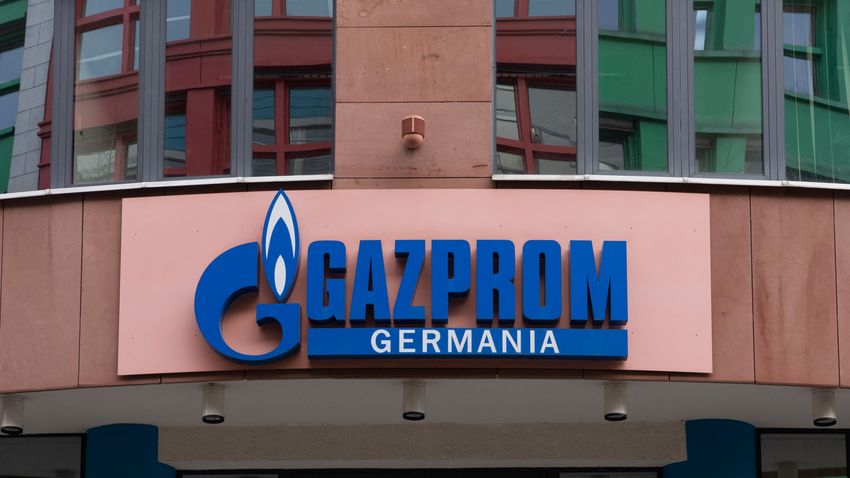Leading German economic research institutes will reveal their growth forecasts for this year on Wednesday, and according to reports from two sources, the forecast will be cut from 4.8 percent to 2.7 percent due to accelerating inflation. The report is being prepared by five institutes – RWI in Essen, DIW in Berlin, Ifo in Munich, IFW in Kiel and IWH in Halle – which expect consumer prices to rise 5 per cent this year.
This is double what was reported last October.
In March, the annual inflation rate was 7.3%, the highest rate since 1981.
Pessimism was also exacerbated by Russia’s invasion of Ukraine. Reuters noted that the Berlin government’s economic advisers more than halved their growth forecasts to 1.8 percent last month and warned of a “significant” recession risk as a result of the invasion. Investor sentiment continues to deteriorate, according to a survey published by ZEW on Tuesday, and German companies are increasingly concerned about rising energy prices, a shortage of truck drivers and supply chain stability.
But for the year ahead, the economic research institutes are already more optimistic, reporting an increase of 3.1% by 2023 instead of the previous 1.9%, while inflation is expected to fall below 3%. However, they cautioned that those forecasts could change if Russian energy imports were to stop immediately. In this case, the German economy could contract by more than 2%, and a deep recession cannot be ruled out.












































